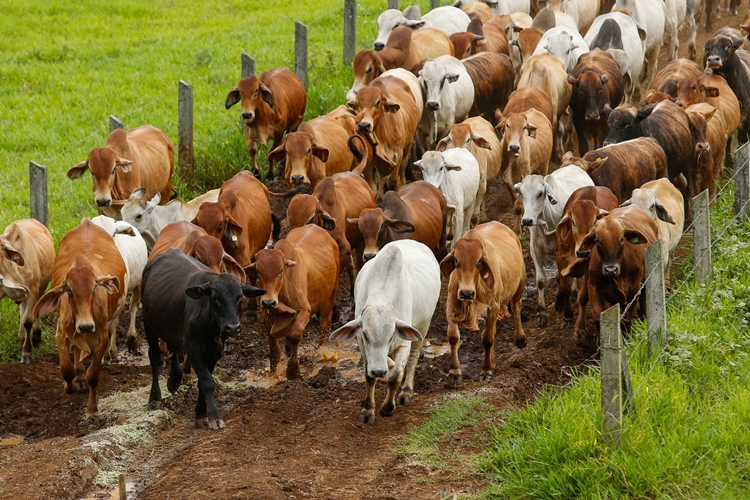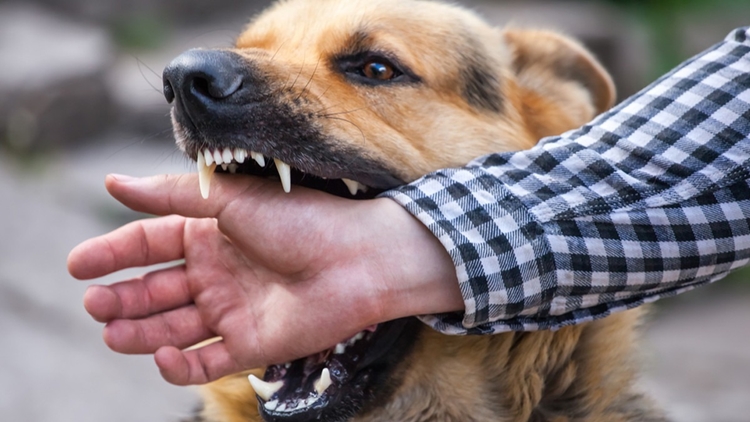In Marinduque, several cattle have rabies
RABIES – Several cattle in Marinduque have reportedly contracted rabies, as disclosed by the Department of Agriculture (DA).
Dante Palabrica, an Agriculture Assistant Secretary, highlighted the alarming situation, indicating that even wildlife is affected. Palabrica stressed the necessity of vaccinating dogs and cats against rabies to mitigate its spread.
“The latest ngayon ay sa Marinduque ay pati cattle, natatamaan. Pati wildlife. Kaya natatakot din ‘yung mga beterinaryo na taga-Marinduque na nagsasabi na tumalon na sa cattle ang rabies,” said Agriculture Assistant Secretary Dante Palabrica.

He underscored the negligence towards rabies vaccinations for pets, estimating that 40-50% of livestock and pets lack proper vaccination. The DA, in collaboration with local government units (LGUs), is preparing a budget to facilitate widespread vaccination efforts. This development signifies a concerning expansion of rabies transmission beyond typical vectors like dogs, underscoring the need for proactive measures to curb its proliferation.
“Sobrang dami na kasi ng animals, ng dogs and cats dito sa Pilipinas at napapabayaan nang walang injection ng [anti] rabies. At least man lang 40-50% of the livestock, of pets will be vaccinated. DA now is preparing a budget for that. With the help of the LGU, mabakunahan ang dogs and cats,” Palabrica said.

Meanwhile, rabies is a viral disease that affects the central nervous system of mammals, including humans. It is typically transmitted through the saliva of an infected animal, most commonly through a bite. Once symptoms appear, rabies is almost always fatal. Early symptoms can include fever and tingling at the site of the bite, while later symptoms may include confusion, hallucinations, paralysis, and eventually death. Vaccination of both pets and humans is the most effective way to prevent rabies.
Related Post: Killua, the Golden Retriever, Tests Positive for Rabies
